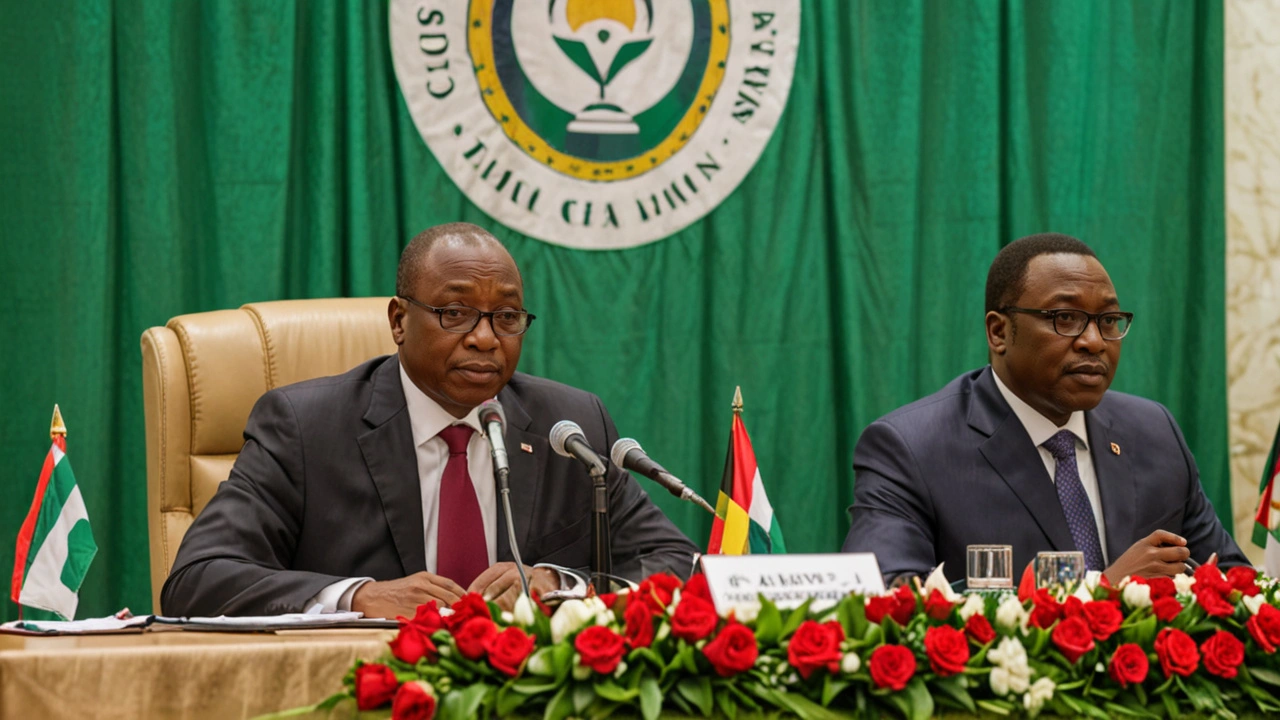ECOWAS: What West Africa’s Regional Bloc Means For You
ECOWAS is the Economic Community of West African States, a regional group of 15 countries working together on trade, security, and politics. If you live in West Africa or follow African news, ECOWAS decisions shape borders, money flow, and stability. They coordinate trade rules, try to keep governments accountable, and sometimes send troops or impose sanctions when states face coups or crises.
The bloc has practical tools: a common trade framework that lowers tariffs on many goods, a protocol on free movement that makes it easier for people to travel and work across borders, and a stabilization force used in emergencies. For business owners, traders, and commuters, those tools affect prices, wages, and access to markets. For journalists and travelers, ECOWAS rulings influence visa rules, border checks, and where international aid goes.
How ECOWAS acts on crises
In recent years ECOWAS has been in the headlines for its responses to coups and political instability. When a member state’s government is overthrown, ECOWAS can suspend that state, freeze financial ties, ban travel for leaders, and push for dialogue. Those moves aim to pressure coup leaders back to civilian rule without harming everyday people. The bloc also negotiates with international partners and can request peacekeepers when talks fail.
Security is another big area. ECOWAS runs joint patrols and supports local forces against armed groups that cross borders. That work can reduce attacks, protect markets, and keep roads open for trade. Still, coordination is hard: different countries have different budgets, priorities, and political pressures, so success depends on persistent diplomacy and funding.
How ECOWAS decisions affect you
Money matters too. ECOWAS has discussed a common currency for decades to ease trade and cut costs. That project faces technical and political hurdles, but progress on regional payments and bank cooperation helps small exporters and remitters move cash across borders faster. Remittances and cross-border trade keep many households afloat, so even small changes in regional banking rules matter.
How ECOWAS decisions affect you depends on where you are. A trader near a border feels tariff and movement changes right away. A student studying abroad may notice visa rules or scholarship programs. A parent worries about troop movements or rising prices when sanctions hit. Knowing which ECOWAS tools are being used helps people plan, from stocking supplies to adjusting travel plans.
You can follow ECOWAS actions without specialist knowledge. Watch official communiques, trusted local outlets, and embassy briefings. Look for clear signs: suspension of a member, travel bans, or economic sanctions. Those are the big levers that change daily life. Staying informed helps you react faster and avoid surprises.
Follow ECOWAS on social media and sign up for email alerts from reputable news sites. Check embassy travel advice before trips and keep digital copies of important documents. For businesses, monitor currency and customs updates and build simple contingency plans for supply delays. Small preparations cut risk when regional rules change quickly. Stay patient during negotiations; lasting solutions often take time and steady pressure from all sides.
- July 8, 2024
- Comments 13
- World News

